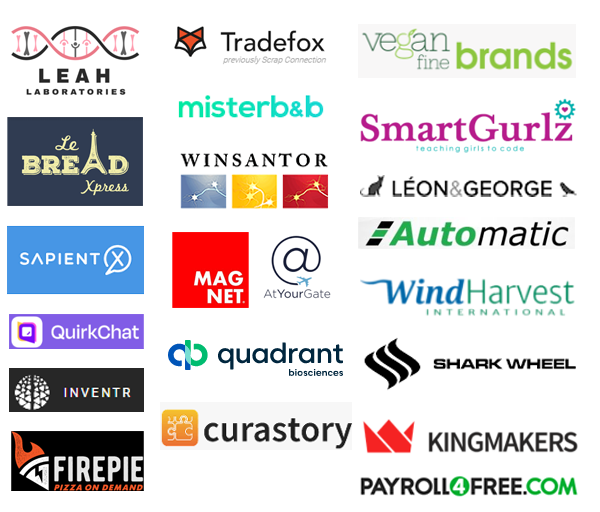High Risk, Low Reward;
but at least it’s fun!
One of my newest hobbies is investing small amounts in privately held businesses.
If we’re open and honest, everyone should recognize that crowd funding is an incredibly risky investment, that has an extreme likelihood for each investment to go to zero. On top of that, many of the investments available don’t even have promising metrics or returns that make them any more compelling than traditional investments in much safter publicly traded companies.
So why do crowd funding at all?
Great question. Here’s why I do it:
- In supports fellow entrepreneurs who hope to make it big.
- It provides an opportunity to those disadvantages entrepreneurs who don’t have access to the education, finances, expertise, resources and other luxuries that many people have.
- It’s fun to peruse the diverse ideas, products, and services that other people have that you otherwise would not ever be exposed to.
- It provides a networking opportunity with current and future business leaders.
- It helps enable other entrepreneurs learn; even if it means they don’t win.
- And lastly, it’s like playing the lottery. You can’t dream about what it would be like to win if you don’t own a ticket. Are you likely to win, of course not. But the $2.00 entry price for some fun imagination is well worth it in my opinion.
My advise to those interested in crowdfunding:
- You should go into it thinking you’ll lose all of your money.
- Know that most investments are a minimum of a 5-year turn around, if not 10-15 years. So even if they are successful, you will not see that money back in a long time.
- You should look for investments that have good barriers to entry (it’s not easy for someone else to compete with them or steal their idea).
- Don’t chase things that just sound cool; we all want to be co-owners of a restaurant, or own a distillery or a bar. But what makes that investment any better than the tens of thousands of competitors out there? Why makes it so compelling that its going to be better than everyone else (and sustainable)?
- Look at the conditions of the crowdfunding. Take the time to understand what a SAFE agreement is, a discount, a cap, etc.
- Are they simply giving you stock at some artificial valuation of what they think their idea is worth (you’ll never see that money back).
- Are they just giving a loan payback guarantee, is the return interest unbelievably better than what you could get in a traditional business?
- Look at the history of the founders. If they are not full-time in it to win it (they have a full time job elsewhere), they probably don’t have time to be successful. Have they tried 5 times before with other companies and they all failed? Maybe time to look elsewhere.
Some of my micro Crowd Funding Investments include:
